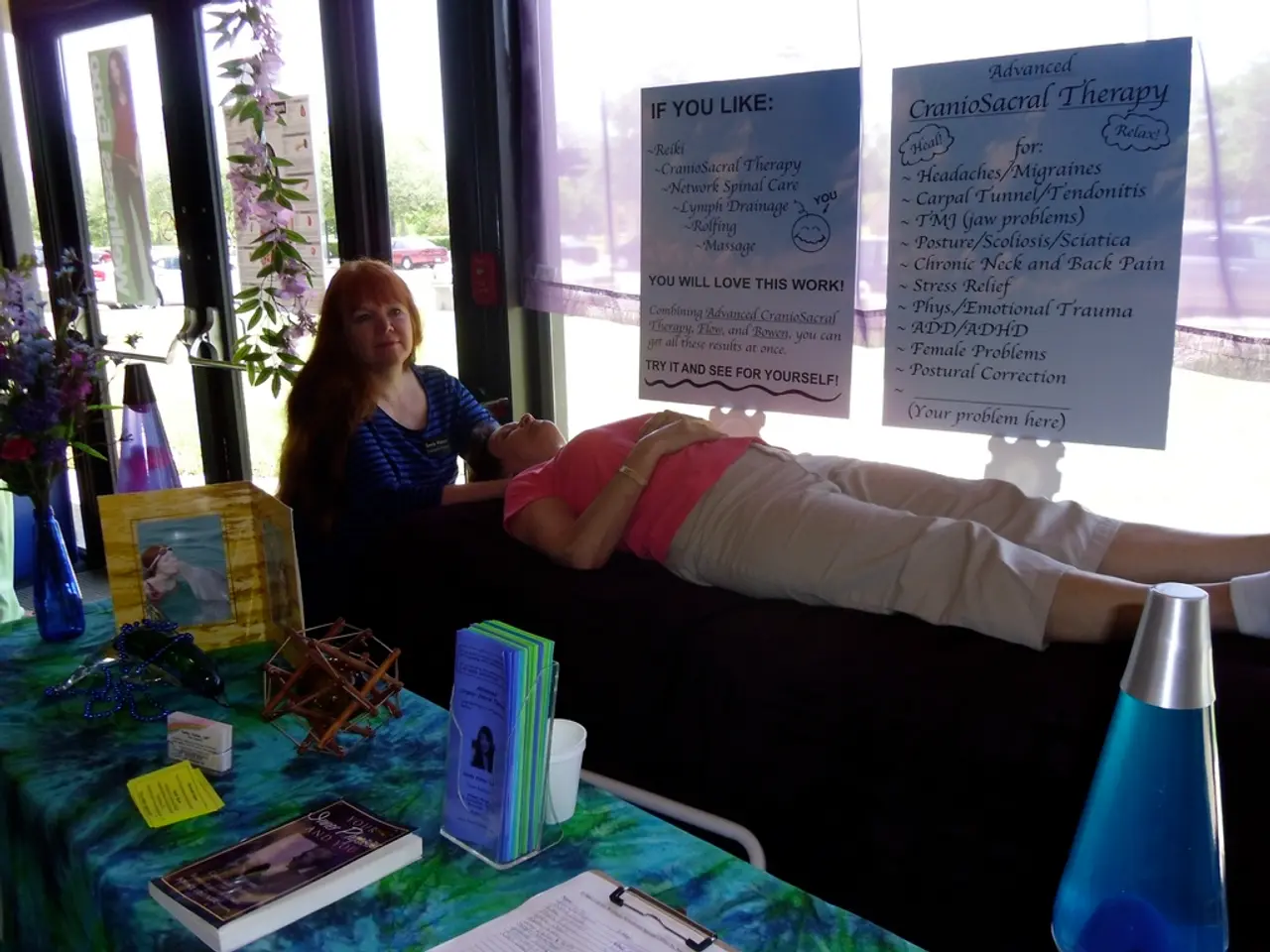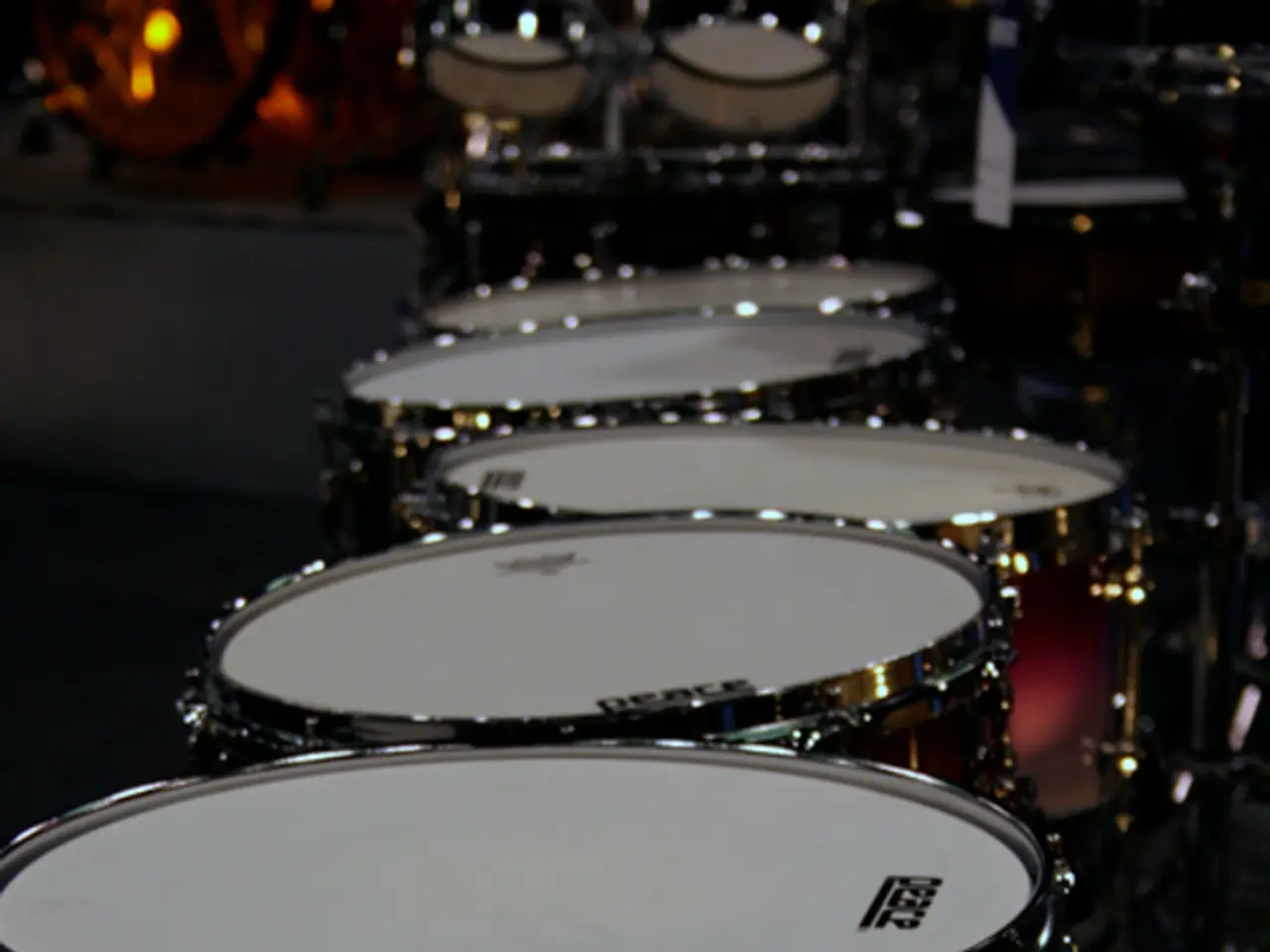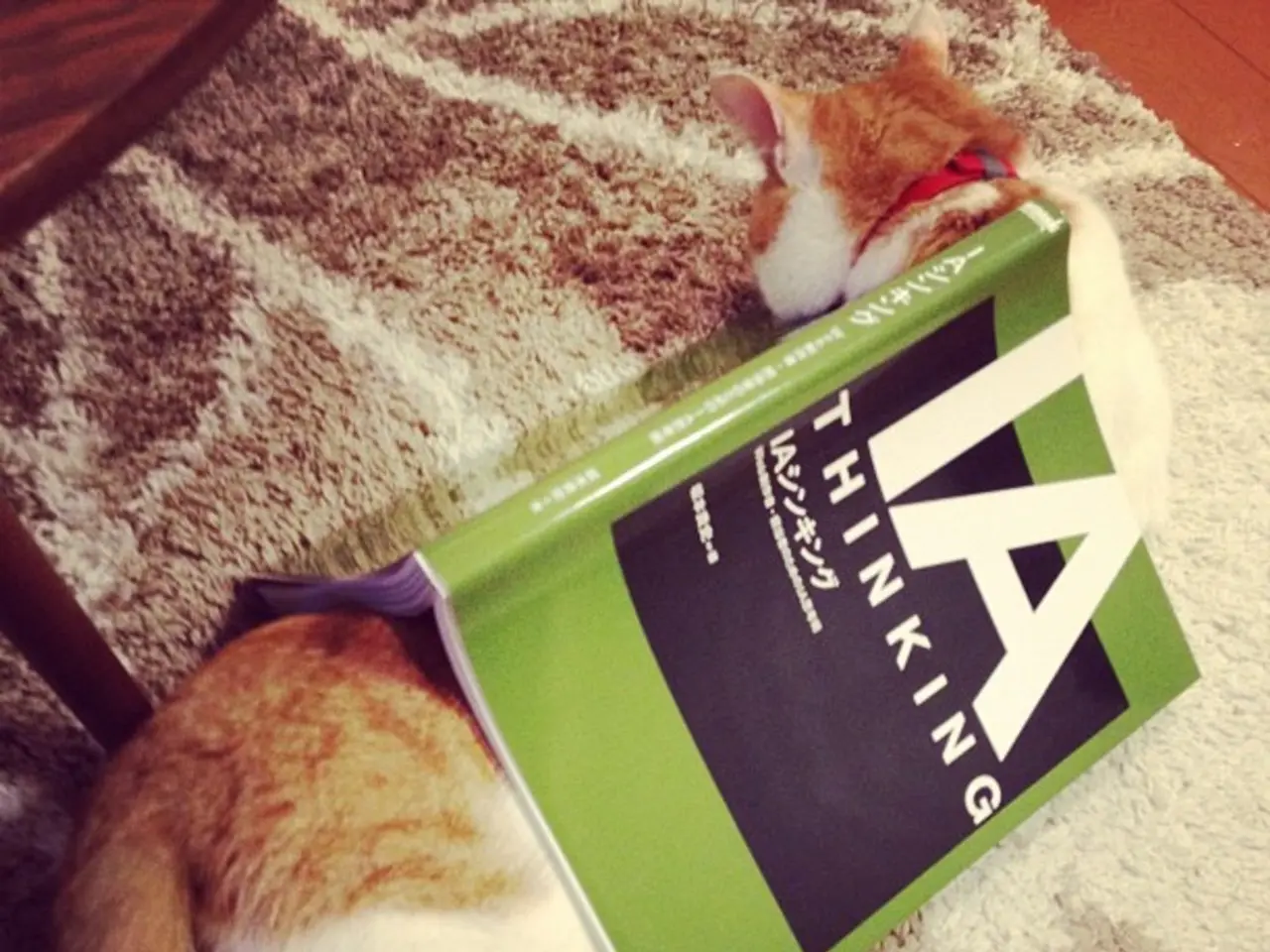Influence of Personal Characteristics on Intensity Perception, Emotional Responses, and Preference Ranking for Hedonic Ratings of Basic Taste Solutions
In a groundbreaking study, researchers have found that personality traits, specifically extraversion and neuroticism, play a significant role in predicting overall liking and preference rank towards basic taste solutions.
The study, involving 67 participants, aimed to determine if personality traits affect prediction models of overall liking and preference rank towards basic taste solutions. Participants rated the taste intensities of four basic-taste solutions at both low and high concentrations, and of plain water.
Based on a hierarchical cluster analysis, the participants were classified into two clusters: cluster N (high neuroticism) and cluster E (high extraversion). Emotional responses towards each sample were measured using a self-reported emotion questionnaire, facial expressions, and/or autonomic nervous system responses. Participants also rated overall liking of the samples and ranked their preferences.
Extraversion is generally associated with higher enjoyment and preference for intense sensory or stimulating experiences. For taste, this may translate into greater liking for strong or complex flavors. Extraverts' social and exploratory tendencies might influence their food preferences beyond mere taste intensity, by integrating emotional and contextual factors linked to food experiences.
Neuroticism, characterized by heightened emotional reactivity and stress sensitivity, influences taste preference by modulating emotional responses to tastes. People high in neuroticism may experience more negative emotional reactions or stress to certain tastes, which affects their liking or rank preferences even if the taste intensity is similar to others.
Research from personality-related exercise preference studies shows that extraversion and neuroticism predict not only preference but also adherence and emotional reaction to physical stimuli, suggesting a parallel in taste preference research where these traits predict liking patterns beyond physiological taste sensitivity or autonomic nervous system responses.
While taste intensity measures physical perception of flavor strength, emotional response measures capture the hedonic or affective aspect of taste, and autonomic nervous system responses provide physiological indices of arousal or stress, personality traits add a stable psychological layer that helps predict how overall liking and preference are formed and maintained.
The study found that the self-reported emotion measure was effective in explaining variances of overall liking or preference rank for both clusters N (high neuroticism) and E (high extraversion). Using facial expressions and/or taste intensity measures, along with the self-reported emotion measure, enhanced the model predictability of overall liking or preference rank for cluster N, but the contribution to the prediction model for cluster E was minimal.
Autonomic nervous system measures showed little contribution to the prediction model of overall liking for either cluster N or E. The study concludes that personality traits, in particular traits of extraversion and neuroticism, affect not only optimum measures of emotional responses, but also modulate predicting overall liking and preference rank toward basic taste solutions.
This integrative approach acknowledges that liking is not solely sensory but also shaped by enduring personality-driven emotional and behavioral patterns. The findings of this study could have significant implications for the food industry, nutritionists, and psychologists, providing a more holistic understanding of taste preferences and their underlying psychological mechanisms.
Consumer research in the field of health-and-wellness and mental-health could benefit from incorporating eye-tracking technology as a potential method to study how personality traits, such as extraversion and neuroticism, impact the emotional responses and preference rankings of individuals towards basic taste solutions.
Future studies might consider examining how different sensory stimuli, such as the intensity of flavors, influences various personality types, particularly extraverts and neurotics, via the collection of eye-tracking data during taste experiments, contributing valuable insights to the science of taste preference prediction models.




